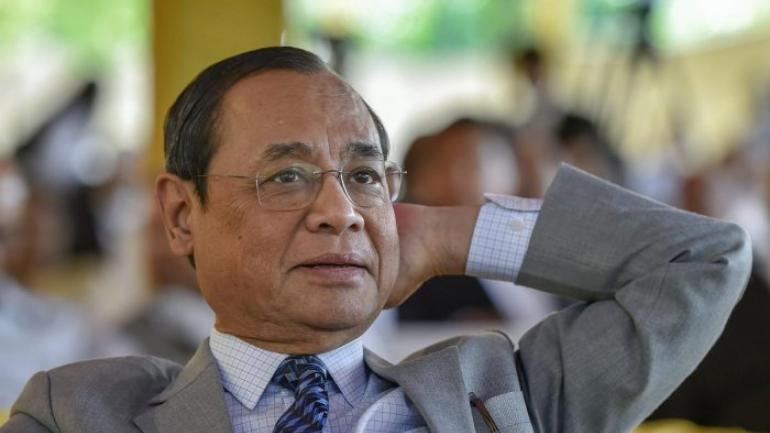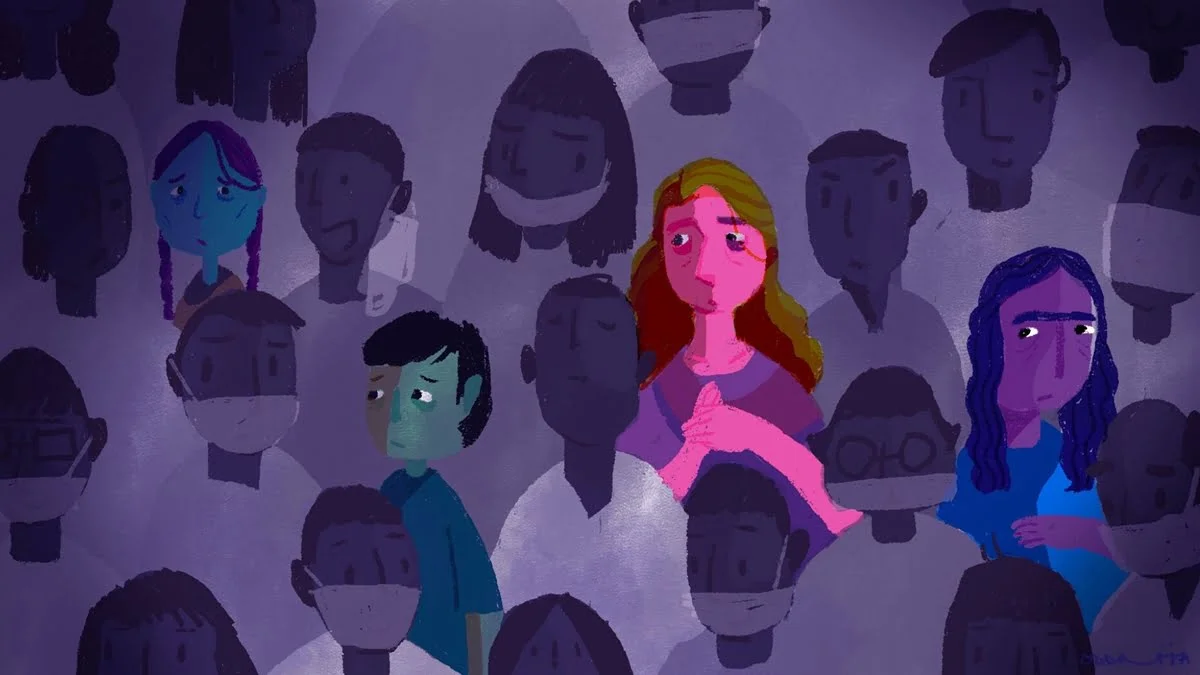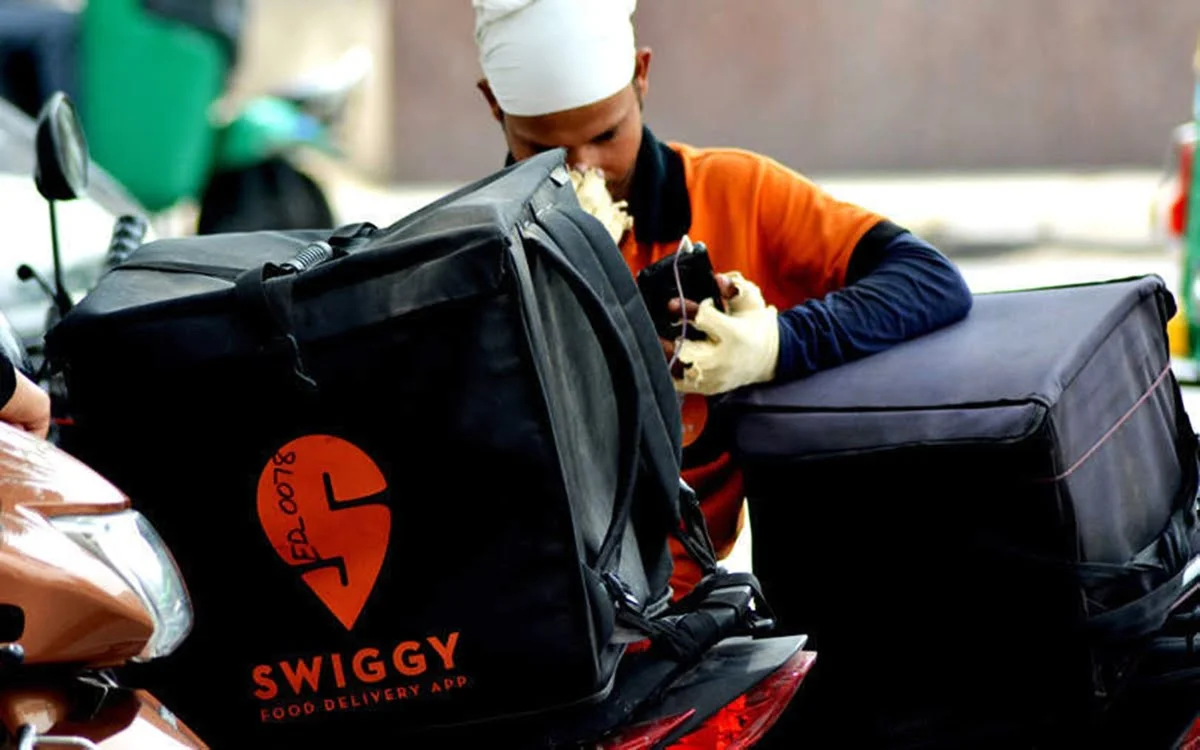Trigger warning: Rape, Sexual assault
In India, where almost half the population identify as women, it’s sadly not surprising to see that their rights are constantly under threat. In a country where every day a new sexual assault or rape case is being reported by the media, where not even children are spared, it is easy to get desensitised to these cases. The statistics show that the anxiety related to this happening to them that is collectively shared by a lot of women is not just based on fear. We live in a society where reporting of cases is minuscule and the conviction rate is negligible. Almost 99% of the cases go unreported as noted in an article by LiveMint, the National Crime Records Bureau (NCRB) reported in 2016 that the conviction rate of rape cases in India is 1 in 4.
What Happened?
On Friday, April 19, a 35 year old woman who worked as a junior court assistant at the Supreme Court wrote a 29 page signed affidavit to 22 judges accusing CJI Gogoi of sexual harassment in the workplace, here she provided a detailed account of the beginning of her relationship with the CJI as well as the consequent deterioration of it. She talked about the first hand sexual as well as mental harassment not only she but also her family faced in the whole ordeal.
Although she came out with sworn affidavits and evidence she and her family were detained by the police and subjected to assault both verbal and physical. She was dismissed from her position after a constant change in her job description. Her husband and brother-in-law who were both head constable with the Delhi Police were dismissed from duty stating minuscule reasons dating back to a mutually resolved colony dispute in 2012.
A culture that demands evidence from a woman when she comes forward does not hold the same kind of accountability when it comes to exonerating the accused.
We live in a culture where even the court works with the assumption that the accuser in a sexual assault case is lying, the phrase ‘due process’ has been thrown about a lot especially in discourse regarding sexual harassment or rape. In a society that normalises rape culture any evidence of sexual assault never seems to be enough. The accuser is now vulnerable to action being taken against her from Men’s Right groups.
Lack of Transparency
The panel of Justices Bobde, Indu Malhotra and Indira Banerjee not only did no justice to the victim but also mocked the Indian citizens. The panel’s job here was to determine whether the accusations made were of malicious intent or not. But the unfairness of the procedure, which was clearly in favour of Gogoi, has made it clear that it was always just a formality and nothing else.
The entire proceedings have been done in a hushed manner where the citizens aren’t aware of what is happening behind the court doors, where they are only given a two paragraph explanation as to why Gogoi is innocent and that a 29-page detailed statement is false.
Total Abandonment of Vishaka Guidelines
CJI Gogoi was accused of sexual harassment in the workplace and was subsequently given a clean chit where an in-house committee found ‘no substance’ in the claims made against him. The panel came to this decision even though the woman decided to walk out of the enquiry, by proceeding ex parte. The legal definition of ‘ex parte’ is ‘by or for one party’ which means that the panel is not required to meet all the parties involved in the case and can give a decision by hearing just one side.
The woman had refused to participate in the proceedings before the panel stating that the court was not following the Vishaka guidelines and released a statement to the press stating four important reasons she was withdrawing from the hearing which are:
- “I have not been allowed to have the presence of my lawyer/support person despite my impaired hearing, nervousness and fear.”
- “There being no video or audio recording of the Committee proceedings.”
- “I have not been supplied even a copy of my statement as recorded on 26th and 29th April 2019.”
- “I was not informed about the procedure this committee is following.”
Another reason stated on the press release was that the eye-witness that are crucial in this case will not be able to fearlessly depose in front of the panel that has been created.
All of these concerns raise the question of who does the law actually protect? Who is above the law? Do the citizens not have a right to ask questions about the proceedings? If CJI Gogoi is indeed innocent why is the evidence of the same being provided? A culture that demands evidence from a woman when she comes forward does not hold the same kind of accountability when it comes to exonerating the accused.
Criticisms
The panel’s decision to hold an ex parte hearing has been met with criticisms from the entire country, protests have erupted against the clean chit that has been given. Justice A P Shah, former CJ, Delhi HC in an interview with Indian Express said that he was “extremely disturbed by how this enquiry has been held” and added that the process has ended in a “complete mockery of justice”. Even Indira Jaising, a senior advocate called this proceeding a scandal.
Normalisation of Rape Culture and #MeToo
What is rape culture? In a simple statement it is the forced narrative that the victim is always lying; it is the questions that come with it and the lack of empathy shifting the anger and blame back on not the perpetrator but the victim every time they come forward.
According to Justice A P Shah, former CJ, Delhi HC, the process has ended in a “complete mockery of justice”.
This comes from society that is so focused on making sure that the victims stays voiceless, that it discourages victims to come out of the shadows. Where our movies and songs routinely glorify stalking. Where men are taught that a no is yes in disguise, where women from a young age as taught not to attract unwanted attention.
With the rise in #MeToo, victims especially those who identify as women are taking the narrative back. The major criticism that the movement faced was that the people would influence the decision making in these cases by vilifying the accused by not following ‘due process’. This proceeding shows us how the victim is demonised and made an example out of, even after following the process and providing evidence for the same.
Also read: #SupremeInjustice In Due Process: Why Can’t We Protest Against The CJI Gogoi Hearing?
The case was no different, it was called a ‘witch-hunt’ and said that the accusations were made only to taint the reputation of a powerful man. Even proceedings cement the belief that the entire system is meant to favour the perpetrator. Many have come out in full support of Gogoi, showing that no matter how much evidence the victim has, the trial will always begin with painting the victim as the perpetrator. Despite of this every victim that comes forward is going to be remembered. The protests, criticisms and questions show that the voiceless are not indeed powerless.
References
1. Barand Bench
2. Scroll
3. News Central 24*7
Featured Image Source: India Today
About the author(s)
Saumya Jain is an intersectional feminist who is extremely passionate and opinionated. She wants to make the world more inclusive. She also loves reading and collecting stationery.




